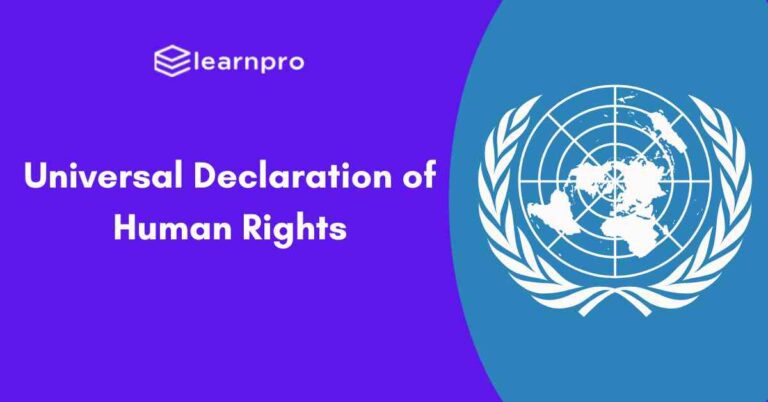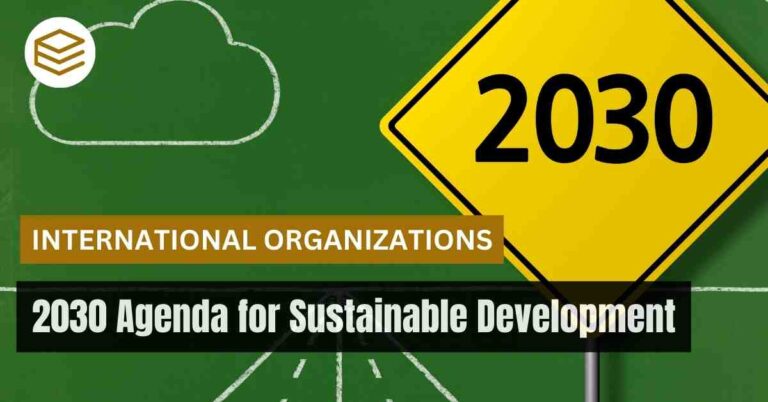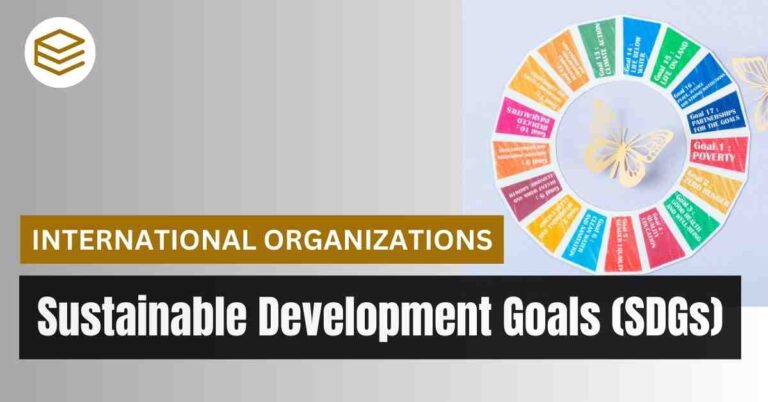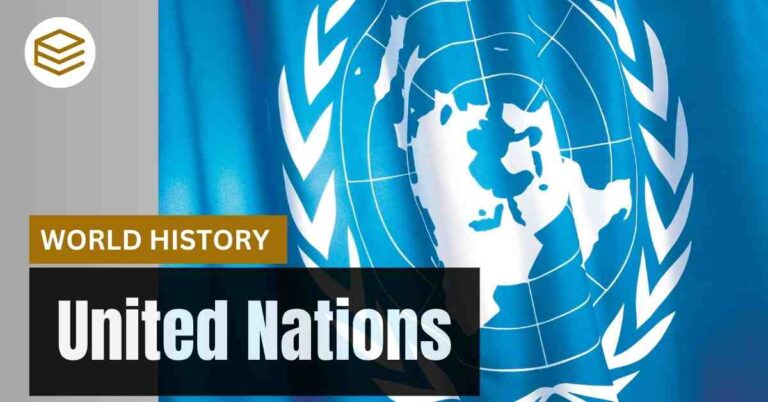January 25, 2026 4:32 am
The Israel-Hamas Conflict 2024: Global Repercussions and Key Insights
Context
The Israel-Hamas conflict of 2024 has reignited global attention on the complexities of the Middle East. This prolonged dispute not only challenges regional stability but also impacts international relations, humanitarian policies, and global peace mechanisms. Analyzing the roots and developments of this crisis provides valuable insights into the dynamics of global diplomacy.
Why in News?
Recent escalations in October 2024 saw intense military operations in Gaza, leading to devastating civilian casualties and widespread destruction. The conflict has drawn sharp international responses, influencing global energy markets, humanitarian discourse, and diplomatic negotiations.
Background
Historical Roots: The Israel-Palestine conflict has its origins in competing territorial claims over the Gaza Strip, West Bank, and Jerusalem, a holy city for multiple religions.
Hamas: Since 2007, this Islamist group has governed Gaza and is designated as a terrorist organization by Israel and several Western nations.
Previous Escalations: Major conflicts in 2008, 2014, and 2021 reflect the cyclical nature of hostilities, underscoring the persistent failure of peace efforts.
Key Issues
1. Humanitarian Concerns:
Civilian casualties have surpassed 10,000, with the destruction of homes, hospitals, and schools.
The United Nations has highlighted violations of international humanitarian law.
2. Global Diplomatic Stance:
Nations remain divided. The United States strongly backs Israel, while many European and Middle Eastern countries call for immediate de-escalation and a ceasefire.
The UN faces criticism for its inability to pass a consensus resolution.
3. India’s Role and Challenges:
India’s strategic partnership with Israel in defense and technology coexists with its historical support for Palestinian self-determination.
Energy security concerns arise due to disruptions in oil supplies from the Gulf, critical for India’s economy.
4. Geopolitical Ramifications:
The conflict threatens to destabilize fragile peace agreements like the Abraham Accords, aimed at normalizing Arab-Israeli relations.
Global oil prices have surged, reflecting the region’s role as a pivotal energy supplier.
Lessons and Analysis
Diplomatic Complexities: The crisis highlights the challenges of achieving peace in regions with deep historical, religious, and territorial disputes.
Global Energy Dependency: It emphasizes the vulnerability of global supply chains to conflicts in resource-rich regions.
Humanitarian Action: The situation calls for re-evaluating international frameworks for protecting civilians during armed conflicts.
—






[…] The Israel-Hamas Conflict 2024: Global Repercussions and Key Insights […]
[…] The Israel-Hamas Conflict 2024: Global Repercussions and Key Insights […]